Catholic Church Conclave: A New Pope To Be Chosen
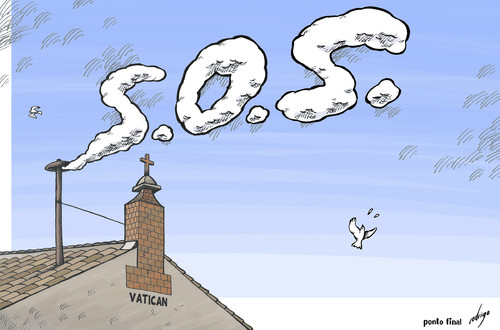
Table of Contents
The History and Tradition of Papal Conclaves
The process of electing a new Pope, while steeped in tradition, has evolved significantly throughout history. Early papal conclaves lacked the formal rules and procedures we see today, often leading to protracted and sometimes tumultuous elections. The selection process was frequently influenced by political maneuvering and power struggles between different factions within the Church.
- Early conclaves' lack of formal rules and procedures: In the early centuries, the election of a Pope was often chaotic, with considerable influence exerted by secular rulers and powerful families.
- The introduction of formal rules and regulations over time: Over the centuries, the Catholic Church gradually implemented more structured rules to govern the papal election, aiming for a more orderly and transparent process. The defining moment was the establishment of the papal conclave itself, designed to isolate the cardinals and facilitate a more focused deliberation.
- Notable examples of conclaves that lasted several weeks or months: History records several conclaves that stretched for weeks, even months, highlighting the challenges and complexities involved in reaching a consensus among the cardinal electors. The prolonged conclaves often reflected deep divisions within the College of Cardinals.
- Impact of significant historical events on the election process: Major historical events, such as wars, plagues, and schisms, inevitably impacted the papal election process, sometimes delaying or disrupting the conclave. These events often influenced the cardinals' choices, reflecting the prevailing political and social climate.
The Process of the Catholic Church Conclave: A Step-by-Step Guide
The Catholic Church Conclave is a meticulously orchestrated process. From the moment a Pope dies or resigns, a precise series of events unfolds, culminating in the announcement of the new Pope.
- The sede vacante period and its significance: The period between a Pope's death or resignation and the election of his successor is known as the sede vacante ("vacant see"). During this time, the College of Cardinals assumes responsibility for governing the Church.
- The gathering of cardinals in the Vatican: Cardinal electors, those under the age of 80, gather in the Vatican for the conclave. They are housed in the papal apartments, effectively isolated from the outside world.
- The oath of secrecy taken by the cardinals: Before the conclave begins, all cardinal electors take a solemn oath of secrecy, promising to maintain confidentiality regarding the proceedings and discussions.
- The voting process and the required majority for election: The voting process involves secret ballots, with a two-thirds majority required for election. If no candidate achieves this majority, multiple rounds of voting continue until a Pope is chosen.
- The announcement of the Habemus Papam! ("We have a Pope!"): Once a Pope is elected, white smoke billows from the Sistine Chapel chimney, signaling the joyous news to the world. The new Pope then appears on the balcony of St. Peter's Basilica to address the faithful.
Key Considerations and Challenges in a Papal Conclave
Selecting a new Pope is a weighty responsibility. Numerous factors influence the cardinals' decisions, leading to complex and nuanced deliberations.
- The importance of theological considerations: Cardinals consider the candidate's theological understanding, commitment to Church doctrine, and ability to articulate and defend the faith effectively.
- The influence of geopolitical factors: Global political realities, regional concerns, and international relations inevitably play a role in the selection process. The candidate's ability to navigate the complexities of the modern world is considered crucial.
- Balancing traditional values with modern challenges: The new Pope must be able to uphold traditional Catholic teachings while addressing the challenges faced by the Church in the 21st century. This includes issues like social justice, ecumenism, and interfaith dialogue.
- The need for a Pope with strong leadership qualities: The Pope needs strong leadership skills to guide the Church and unite its diverse members. Effective communication, pastoral care, and the ability to inspire are all crucial attributes.
- Potential controversies and their impact: Potential controversies surrounding candidates can significantly influence the election process. The cardinals must weigh the importance of past actions and statements against the candidate's overall suitability.
The Role of the College of Cardinals
The College of Cardinals plays a central role in the election of a new Pope. The Cardinal electors, who are eligible to vote, must fulfill specific criteria.
- Eligibility criteria for Cardinal electors: To be an elector, a Cardinal must be under the age of 80. This age limit ensures a balance between experience and vigor.
- The geographical representation within the College: The College strives for geographical representation, ensuring that Cardinals from various regions of the world are included.
- The different theological and political viewpoints within the College: The College of Cardinals comprises a diverse group of individuals with varying theological perspectives and political leanings. This diversity often leads to lively debates and negotiations.
- Potential factions and their influence on the election: Unofficial factions or alliances may emerge within the College of Cardinals, reflecting different theological or geographical interests. These factions can influence the voting process and the ultimate outcome of the election.
Conclusion
The Catholic Church Conclave is a complex and fascinating process, steeped in history and tradition. The election of a new Pope is a significant event with global implications, impacting billions of Catholics and shaping the future direction of the Church. Understanding the history, process, and challenges involved in this sacred event provides valuable insight into the workings of the Catholic Church.
Call to Action: Stay informed about the upcoming Catholic Church Conclave and the election of the new Pope. Follow reputable news sources for updates and analyses of this crucial event in the history of the Catholic Church. Learn more about the intricacies of the Papal Conclave and its impact on the world. Understanding the Papal Conclave is key to understanding the future of the Catholic Church.

Featured Posts
-
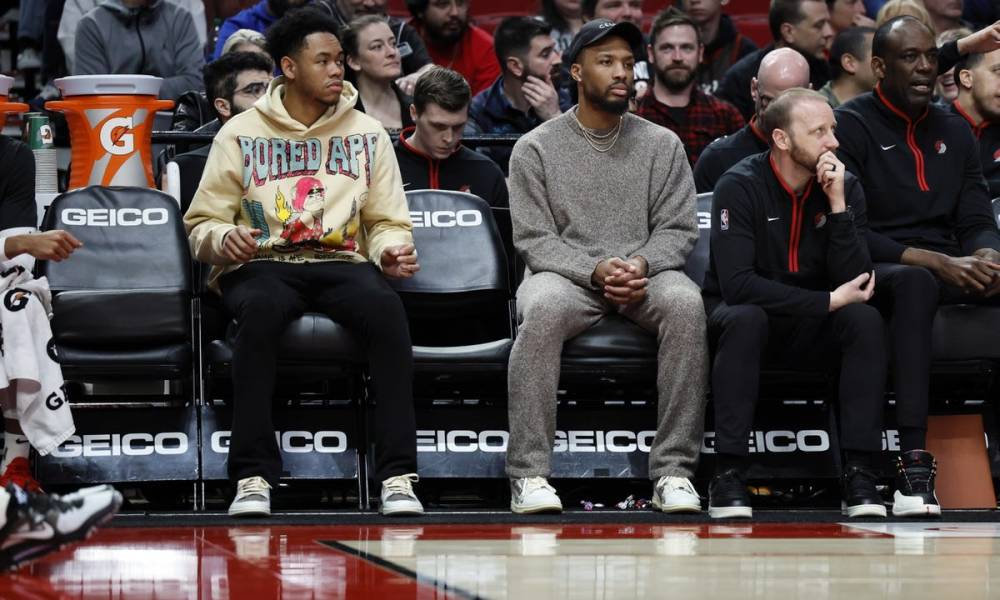 Watch Thunder Vs Trail Blazers Live Game Time Tv Channel And Streaming Details March 7
May 08, 2025
Watch Thunder Vs Trail Blazers Live Game Time Tv Channel And Streaming Details March 7
May 08, 2025 -
 Dwp Home Visit Increase Concerns For Benefit Claimants
May 08, 2025
Dwp Home Visit Increase Concerns For Benefit Claimants
May 08, 2025 -
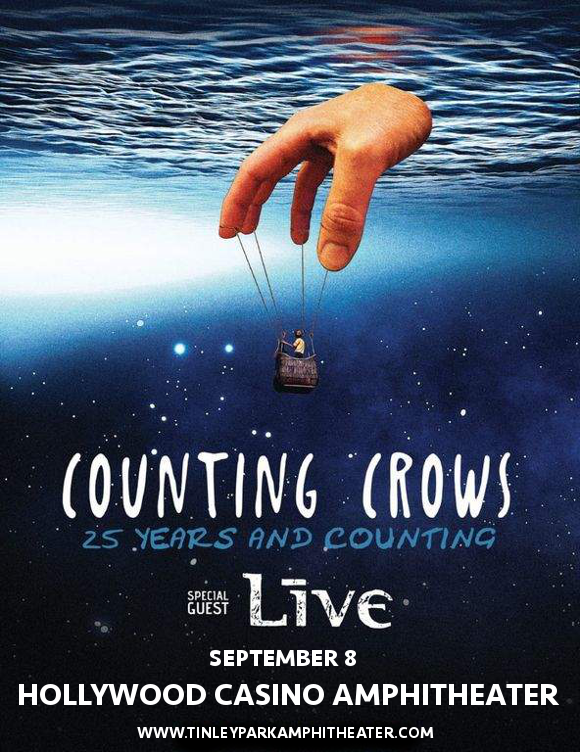 See Counting Crows Live This Summer Indianapolis Concert Details
May 08, 2025
See Counting Crows Live This Summer Indianapolis Concert Details
May 08, 2025 -
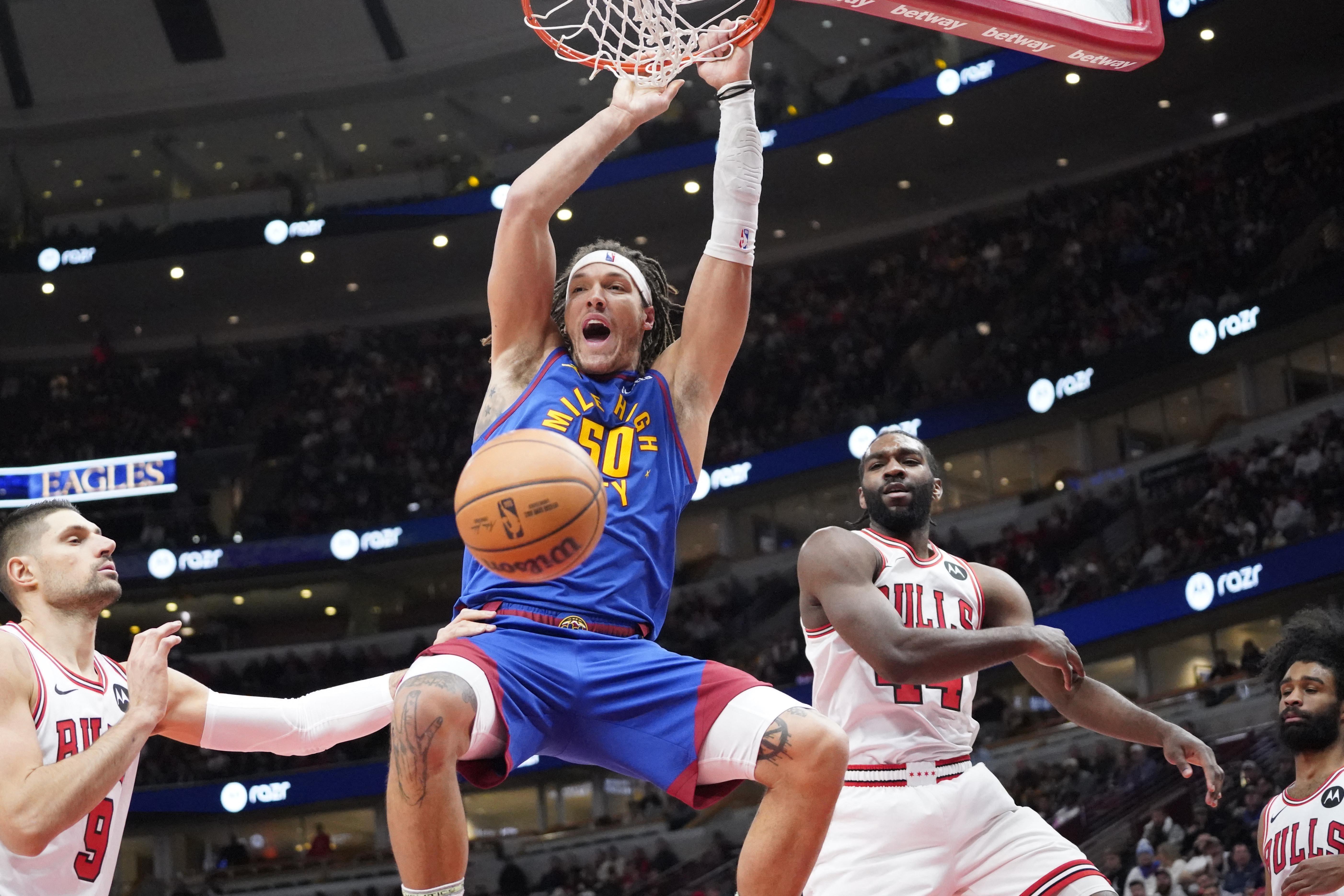 Nuggets Vs Bulls De Andre Jordans Historic Night
May 08, 2025
Nuggets Vs Bulls De Andre Jordans Historic Night
May 08, 2025 -
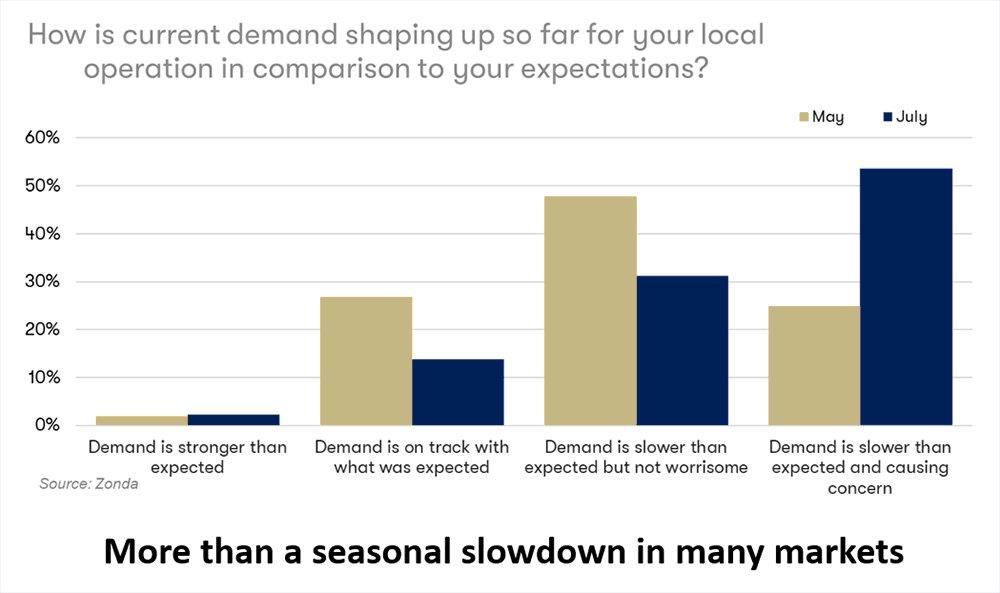 Toronto Housing Market Slowdown Sales Fall 23 Average Prices Down 4
May 08, 2025
Toronto Housing Market Slowdown Sales Fall 23 Average Prices Down 4
May 08, 2025
Latest Posts
-
 Andor Season 2 Your Pre Viewing Guide
May 08, 2025
Andor Season 2 Your Pre Viewing Guide
May 08, 2025 -
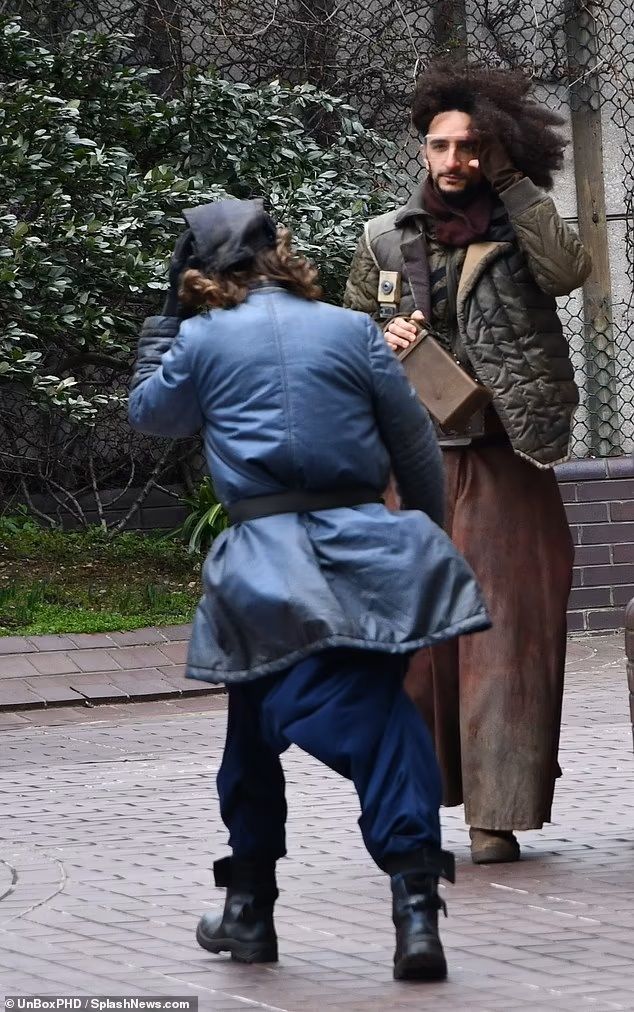 Everything You Need To Know Before Andor Season 2 Airs
May 08, 2025
Everything You Need To Know Before Andor Season 2 Airs
May 08, 2025 -
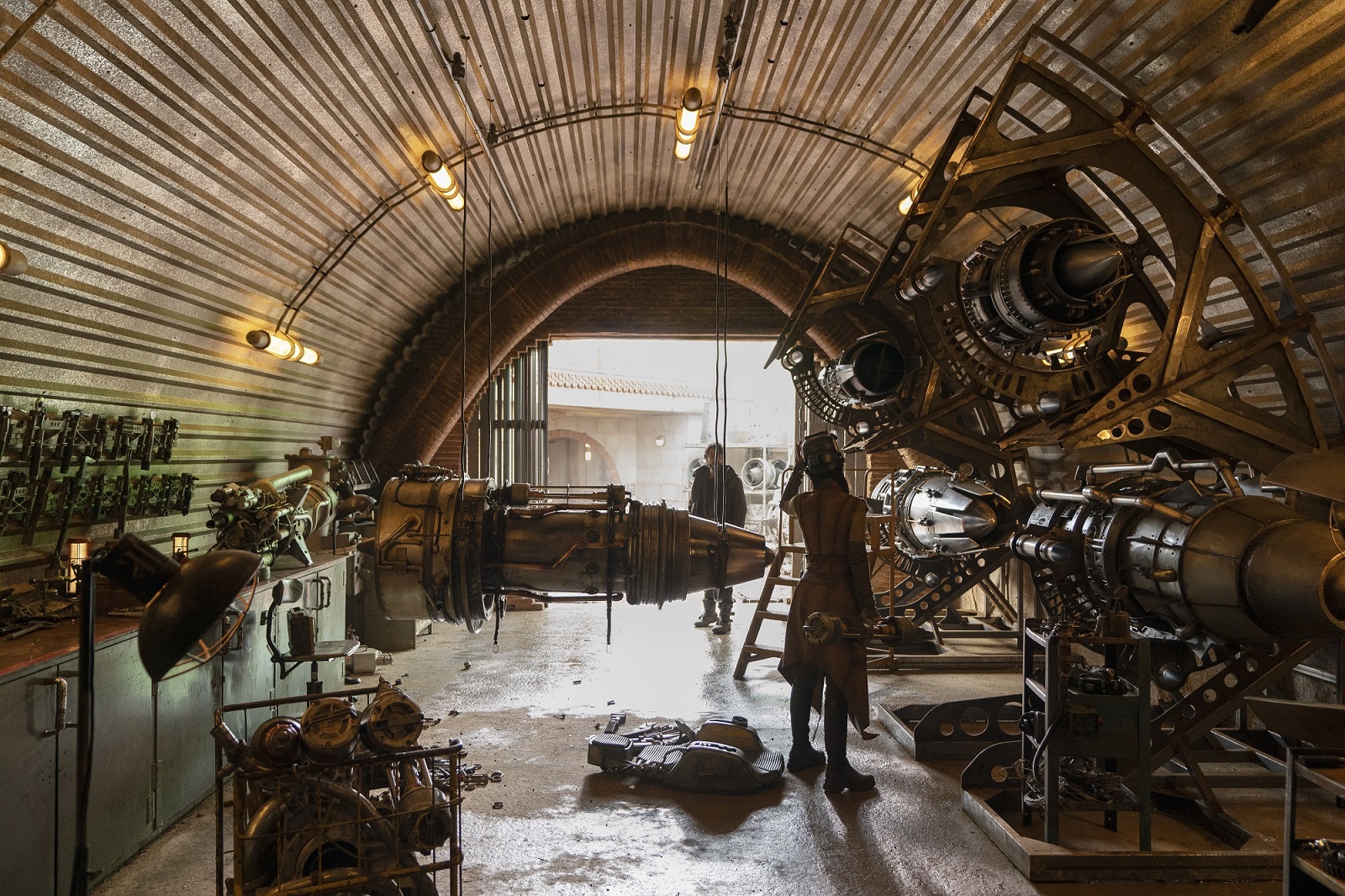 Andor Season 2 What To Remember Before Watching
May 08, 2025
Andor Season 2 What To Remember Before Watching
May 08, 2025 -
 Andor Book Scrapped Ai Fears Halt Star Wars Publication
May 08, 2025
Andor Book Scrapped Ai Fears Halt Star Wars Publication
May 08, 2025 -
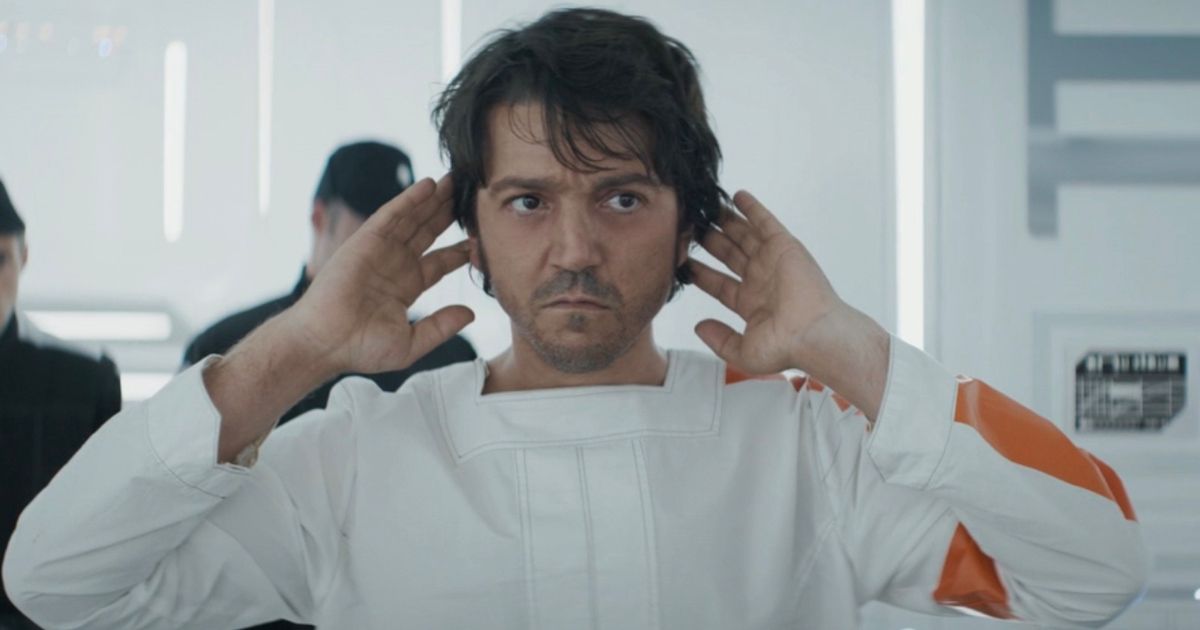 Behind The Scenes Of Andor Cast Discusses The Rogue One Prequels Conclusion
May 08, 2025
Behind The Scenes Of Andor Cast Discusses The Rogue One Prequels Conclusion
May 08, 2025
